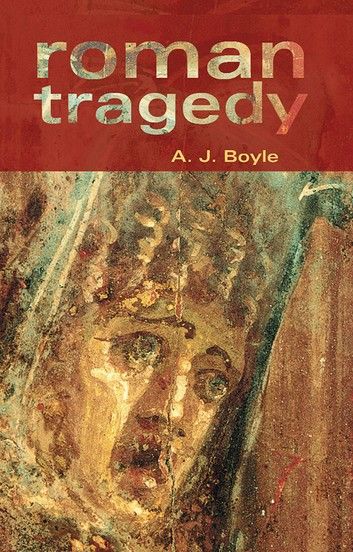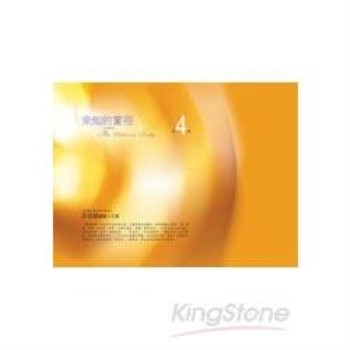| FindBook |
有 1 項符合
Roman Tragedy的圖書 |
 |
Roman Tragedy 作者:Anthony J. Boyle 出版社:Taylor and Francis 出版日期:2014-05-12 語言:英文 |
| 圖書館借閱 |
| 國家圖書館 | 全國圖書書目資訊網 | 國立公共資訊圖書館 | 電子書服務平台 | MetaCat 跨館整合查詢 |
| 臺北市立圖書館 | 新北市立圖書館 | 基隆市公共圖書館 | 桃園市立圖書館 | 新竹縣公共圖書館 |
| 苗栗縣立圖書館 | 臺中市立圖書館 | 彰化縣公共圖書館 | 南投縣文化局 | 雲林縣公共圖書館 |
| 嘉義縣圖書館 | 臺南市立圖書館 | 高雄市立圖書館 | 屏東縣公共圖書館 | 宜蘭縣公共圖書館 |
| 花蓮縣文化局 | 臺東縣文化處 |
|
|
The first detailed cultural and theatrical history of a major literary form, this landmark introduction examines Roman tragedy and its place at the centre of Rome’s cultural and political life.
Analyzing the work of such names as Ennius, Pacuvius and Accius, as well as Seneca and his post-Neronian successors, Anthony J. Boyle delves into detailed discussion on every Roman tragedian whose work survives in substance today. Roman Tragedy examines:
- the history of Roman tragic techniques and conventions
- the history of generic form and change
- the debt that Rome owes to Greece, and text owes to text
- the birth, development and death of Roman tragedy in the context of the cities evolving, institutions, ideologies and political and social practices
- tragedy proper and the historical drama (fabula praetexta), which the Romans allied to tragedy.
With parallel English translations of Latin quotations, this seminal work not only provides an invaluable resource for students of theatre, Roman political history and cultural history, but it is also accessible to all interested in the social dynamics of writing, spectacle, ideology and power.
|











